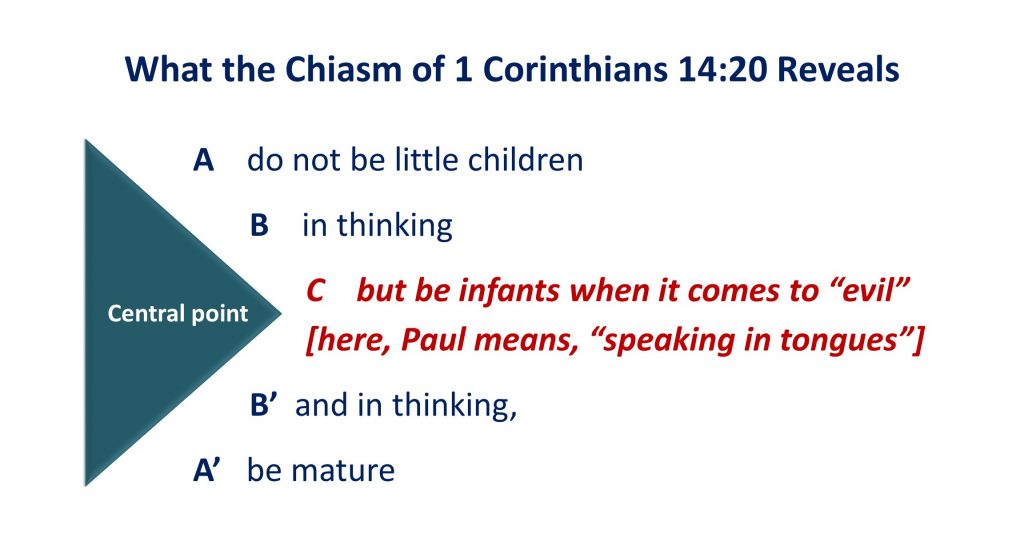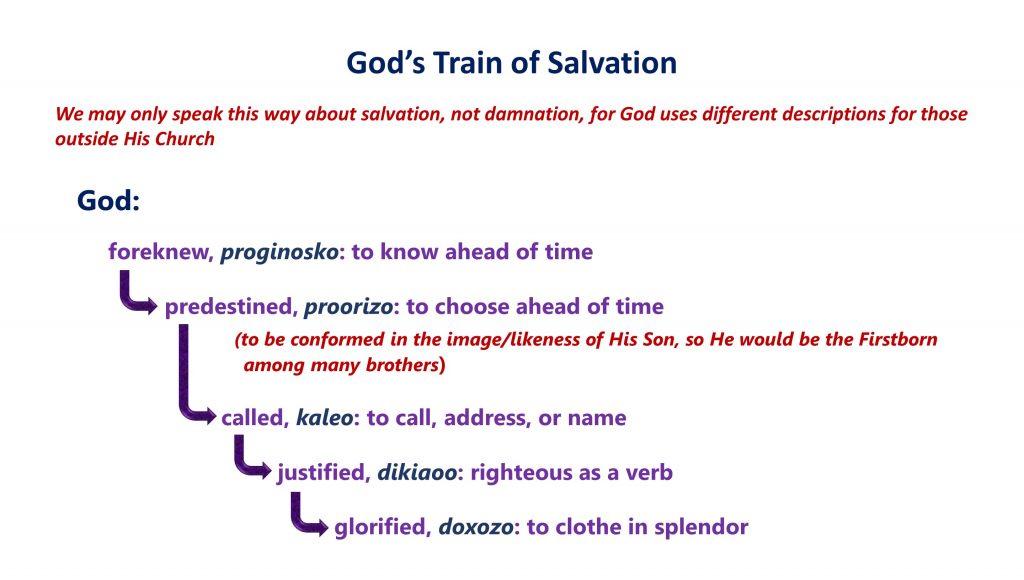![]() In this life, we will experience suffering, for we live in a fallen world. “In Christ,” His suffering is ours—even if we are not suffering for being Christians. If we are in Him, we have what He gives us, which includes being glorified with Him on the Last Day. We know how the story ends—and it is glorious. This is the Christian hope, which we do not experience right now.
In this life, we will experience suffering, for we live in a fallen world. “In Christ,” His suffering is ours—even if we are not suffering for being Christians. If we are in Him, we have what He gives us, which includes being glorified with Him on the Last Day. We know how the story ends—and it is glorious. This is the Christian hope, which we do not experience right now.
Praying in the Spirit
Read Romans 8:25
- The Christian life is a life of what? Why?
Read Romans 8:26-27
“Likewise”: Paul links the groaning in this verse to the groaning of creation and us (8:22-23). The Christian lives in hope, groaning under the weight of life in a fallen world, with the Spirit interceding.
- What is the weakness being described in this verse?
- What does the Spirit do for us in this weakness?
Excursus: The link between speaking “in tongues” and “groanings too deep for words”
The groaning of creation and believers (Romans 8:22-23) is a longing for the new heaven and earth, which Christ will call into being on the Last Day. The groanings, which Paul speaks of here, refer to the Holy Spirit’s intercession for the Christian. These groanings are too deep for words, meaning they are unintelligible to someone hearing them. Likewise, “speaking in tongues” is also unintelligible to listeners (1 Corinthians 14:2-33).
The church in Corinth had a problem with people speaking unintelligible utterances during worship, causing disruptions. Many there considered such speaking to be the best spiritual gift to have. So, in 1 Corinthians 12:27-31, Paul teaches them, moving from the greater to the lesser to put “speaking in tongues” in its proper perspective.
Read 1 Corinthians 12:27-31
After the chapter on love (1 Corinthians 13), Paul again deals with the issue of speaking in tongues.
Read 1 Corinthians 14:18-20
- In vs. 19, what is Paul doing concerning “unintelligible utterances” during worship?
- In vs. 20, based on the subject matter in these verses, what is the “evil” to which Paul refers?
Read 1 Corinthians 14:21
Paul refers to an event in the life of God’s Old-Covenant people, Israel. Isaiah 28:11-12:
For by people with foreign lips and strange tongues God will speak to this people. He said, “This is the place of rest, let the weary rest” and, “This is where rest can be found.” But they would not listen.
- What is Paul point to the use of such “rest” imagery? (Exodus 20:8-11)
- What was Paul saying the people were doing during worship, which was “work” instead of “rest”?
Read 1 Corinthians 14:22
- Paul now says speaking in tongues during the worship service is a sign of what?
Paul did not forbid speaking in tongues (1 Corinthians 14:29), but he did establish standards to be met for it to take place during public worship. If speaking in tongues is to happen, the person speaking is only to do so if someone is there someone to interpret (1 Corinthians 14:27). Here’s the crux: Someone will not know ahead of time (without collusion) if another will be present to “interpret”! In other words, Paul was shutting down speaking in tongues during public worship.
Even with such a strong censure against “speaking in tongues” during worship, Paul still concluded: “I thank God that I speak in tongues more than all of you” (1 Corinthians 14:18). So, when did Paul speak in tongues, if not during worship? Paul wrote that the person “speaking in tongues” is to “speak to himself and to God” (1 Corinthians 14:28), which means in private prayer.
These groanings in Romans 8, which are too deep for words, become the prayers of the Christin during suffering. These groanings are his “speaking in tongues.”
- Paul spoke in tongues more the Corinthian Christians did. When? (see 1 Corinthians 11:23-27)
————
God works all for our eternal good
Read Romans 8:28
- When Paul says, “we know,” what is he saying about what follows?
“his purpose”: Greek, prosthesis, a purpose, plan, or design. Here, “plan” or “design” fits the context better. The Greek text does not have “his”: Paul is speaking about those called according “to plan.” Vs. 29-30 further explain what this plan is. The “plan” is not for the Christian to suffer but that God will bring the Christian through his suffering, “according to plan.”
Read Romans 8:29-30
- Who is the firstborn among many brothers?
“conformed to the image of his Son”: Conformed, summorphos, means a participation in way of being. Image, eikon, is a likeness revealing and making present an inner reality. This participation in the way of being reveals Christ’s true identity as “Son of God,” which is His glory as risen Lord. In His risen glory, Christ reveals the fullness of humanity, which was God’s eternal design for us from the beginning.
- If Jesus is the Firstborn, when will his “brothers” be born? (Romans 8:22-23)
- With what will Jesus’ “brothers” be clothed in on the Last Day?






